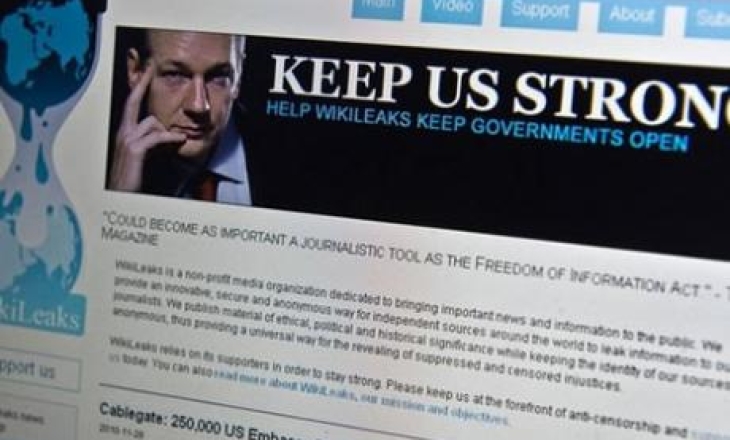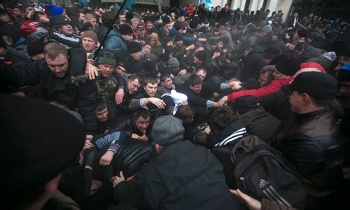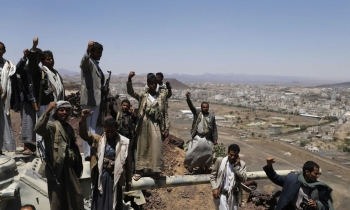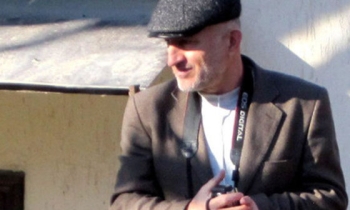Press freedom groups have condemned the blocking, cyber-attacks and political pressure being directed at cablegate.wikileaks.org, the website dedicated to the leaked US diplomatic cables. ARTICLE 19, Index on Censorship, Reporters sans Frontières (RSF) and the International Federation of Journalists (IFJ) have come down heavily on the attempts to hound and eventually silence WikiLeaks.
Earlier last week, after the publishing several hundred of the 250.000 cables it says it has in its possession, WikiLeaks had to move its site from its servers in Sweden to servers in the United States controlled by online retailer Amazon.
Amazon quickly came under pressure to stop hosting WikiLeaks from the Senate Committee on Homeland Security and its chairman, Sen Joe Lieberman, in particular.
After being ousted from Amazon, WikiLeaks found a refuge for part of its content with the French Internet company OVH. But French digital economy minister Eric Besson on Saturday said the French government was looking at ways to ban hosting of the site. WikiLeaks was also recently dropped by its domain name provider EveryDNS. Meanwhile, several countries well known for for their disregard of freedom of expression and information, including Thailand and China, have blocked access to cablegate.wikileaks.org.
RSF said it could only condemn this determination to hound WikiLeaks founder Julian Assange and reiterated its conviction that WikiLeaks had a right under the US Constitution’s First Amendment to publish these documents and is even playing a useful role by making them available to journalists and the greater public. "We stress that any restriction on the freedom to disseminate this body of documents will affect the entire press, which has given detailed coverage to the information made available by WikiLeaks, with five leading international newspapers actively cooperating in preparing it for publication," it said.
IFJ condemned the political backlash. IFJ has taken no position on the justification for the release of hundreds of thousands of internal documents, but welcomed the decision of WikiLeaks to use respected channels of journalism including Der Spiegel, The Guardian, The New York Times, Le Monde and El Pais to filter the information.
"It is unacceptable to try to deny people the right to know," said Aidan White, IFJ General Secretary. "These revelations may be embarrassing in their detail, but they also expose corruption and double-dealing in public life that is worthy of public scrutiny. The response of the United States is desperate and dangerous because it goes against fundamental principles of free speech and democracy."
"This information is being processed by serious, professional journalists who are well aware of their responsibilities both to the public and to people implicated in these revelations," said White. "It is simply untenable to allege as some people have that lives are being put at risk here. The only casualty here is the culture of secrecy that has for too long drawn a curtain around the unsavory side of public life."
"The IFJ and its members support the rights of whistle-blowers and the responsible reporting of information in the public interest," said White. "This over-reaction by politicians and their allies illustrates that they have not understood the historical significance of these events. The people's right to know is not something that can any longer be willfully ignored. They have to adjust to the fact journalists have a duty to report, fairly and accurately and with due respect for the rights of all parties in the public interest."
“Information is the oxygen of democracy” said Dr Agnes Callamard, ARTICLE 19 Executive Director. “Rather than passing more secrecy laws and threatening to prosecute journalists and whistleblowers, governments should focus on making more information available and only protecting that which can cause substantive harm. At the same time, journalists have an obligation to exercise caution when revealing possibly sensitive information.”










